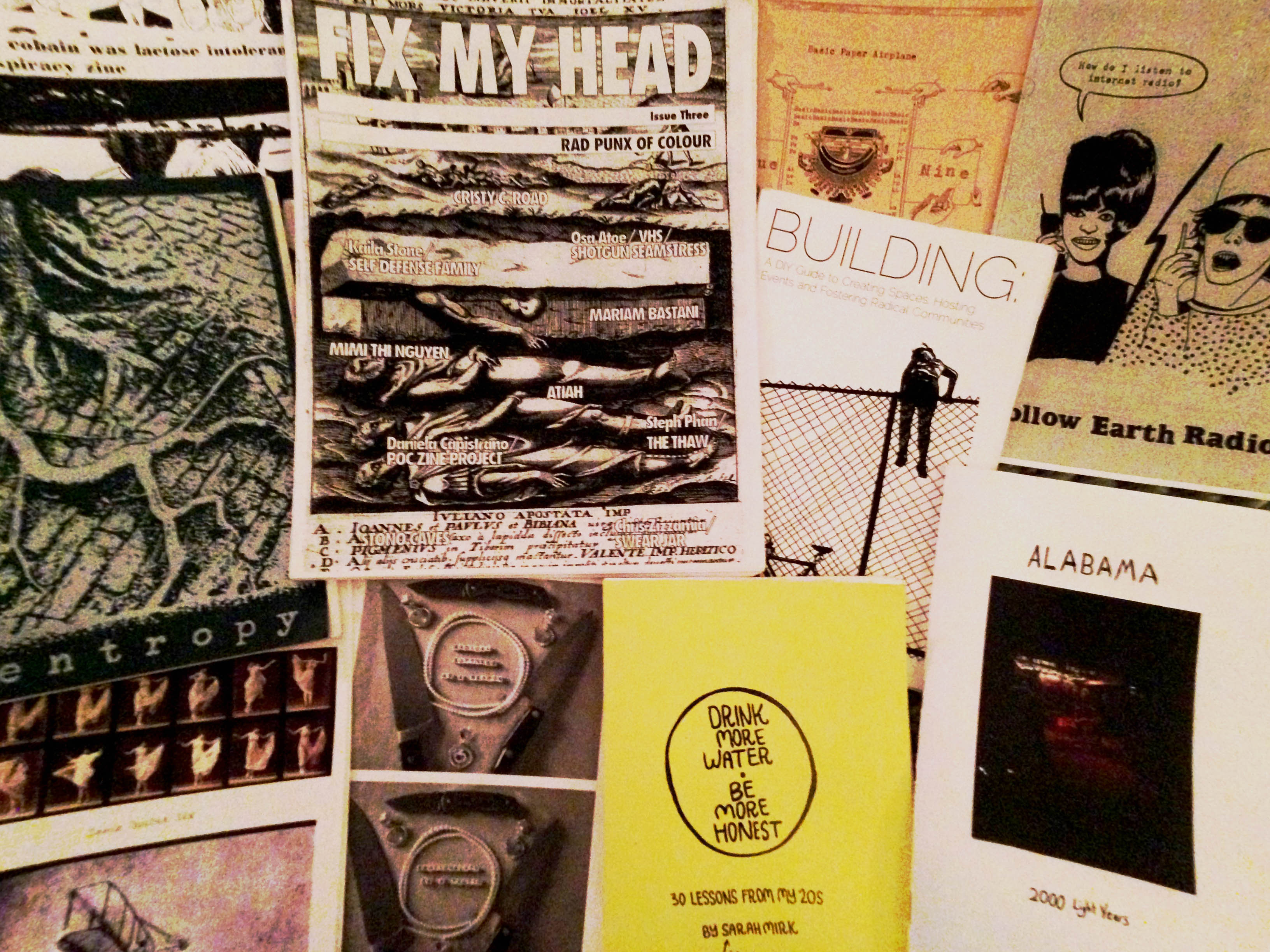In times of intense vulnerability for so many, it is necessary to seek out truly outsider thinkers. Not the faux-radicals of the “alt-right” who ignore that their whiteness has always been this country’s “normal.” A Donald Trump/Steve Bannon presidency means explicit appeals to the white supremacy that has been been consistent in this country since its foundation (something relied on implicitly for years).
Now that this is out in the open again, it seems more and more frequent that White Nationalists like Richard Spencer are given a platform to speak their hateful “white identity politics” in a mainstream forum; Spencer’s even embarking on a speaking tour at college campuses (when he’s not getting punched, that is).
While these fringe right-wing beliefs are given public space, those of the radical left (namely anarchists, Anti-Fascists, or anyone that opposes the system of capitalism) are still largely left out of public discourse, aside from the reductionist labeling of people as “rioters.” These radicals, however, are armed with diverse voices that need to be heard as well, in large part to change our conversations for the better. They are needed to ask better questions, to poke holes in the logical inconsistencies in society—even obvious ones, like how capitalism is a human-made system and not the natural order of things, and that people of other skin tones and genders have vastly different experiences than those of white males.
Now more than ever, language, symbols, myths, and norms that are internalized to be truths, regardless of political party, need to be called into question. Fanzines posit a unique position that allows for people that often go unpublished in the mainstream to be heard. With groups like the POC Zine Project, and the diverse gatherings at symposiums in Chicago, Los Angeles, Portland, and Olympia, WA, the zine underground that many believe to have dwindled with the end of ’90s is as vibrant and meaningful as ever; they can even affect real political change: In Portland, Chloe Eudaly (small bookstore owner and co-founder of the Independent Publishing Resource Center) achieved an upset election victory as a Portland City Commissioner. Her campaign was based on shifting the local conversation on gentrification by posing the possibility of a “rent freeze” in a political climate where city officials are mostly tied to unregulated land developers. It was a campaign intrinsically connected to the zine community.
So here is a small introduction into a vast world of radical writers, artists, and thinkers that are vital in the resistance during this period of heightened vulnerability. Change has always come from the ground up—from loud, motivated, and organized masses of people. It hasn’t always been pretty, but then again, the status quo isn’t exactly that pretty to begin with.
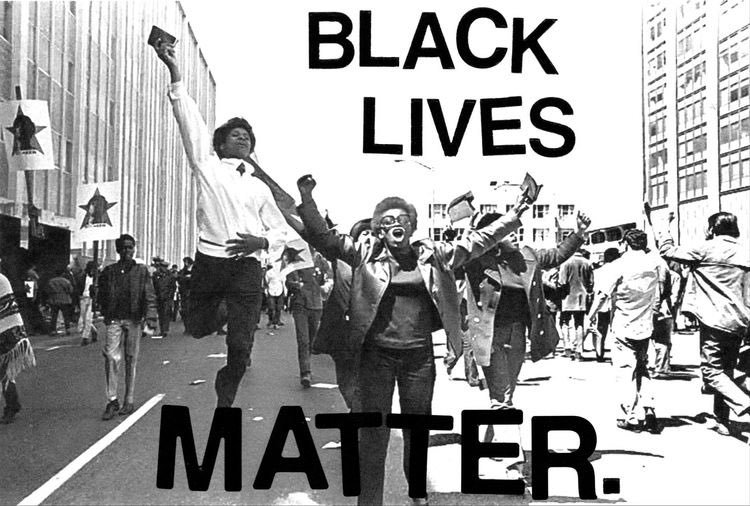
Osa Atoe — Shotgun Seamstress
This decade-long series began with a relatively simple declaration: “A Zine By Black Punks for Black Punks.” Atoe is a zinester based out of Baton Rouge (previously Portland and the Bay Area) who was in a short-lived but excellent punk band called New Bloods, along with writing columns in Maximum Rocknroll. Shotgun Seamstress is a somewhat legendary punk zine; the first six issues were anthologized by Tacoma, Washington’s Mend My Dress Press in 2012. While she has “retired from music,” Atoe now runs a pottery business, and continues sporadically publishing zines, updating her blog, and teaching. This series provides interviews, as well as essays revolving around alternative histories of the punk subculture that recognizes that these mostly white scenes came from black creatives and anti-capitalists subverting the typical means of creative production. In the third issue of the zine, Atoe asks contributors to explicitly talk about issues involving money, capital, and attempting to live in opposition to consumer capitalism while still recognizing the often crippling reality of having to comply within such a system to survive.
Find the Shotgun Seamstress zine anthology here.
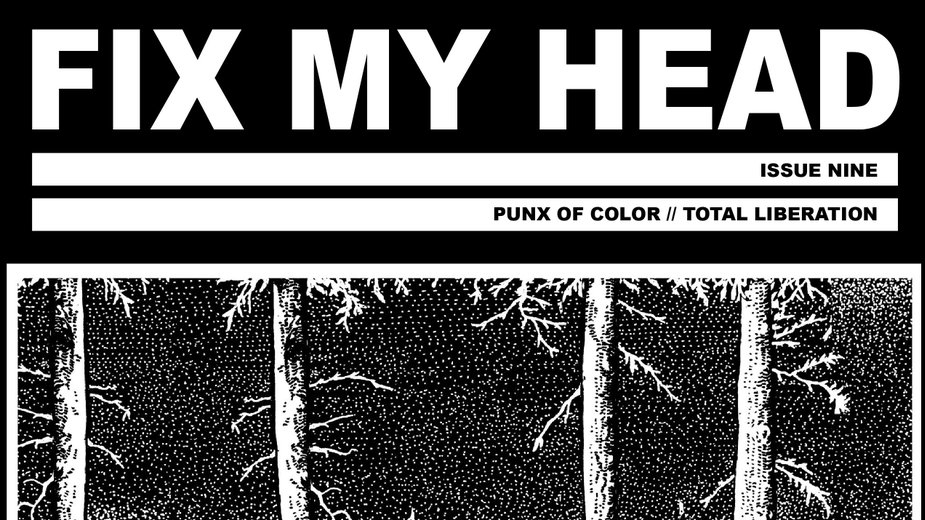
Anna Vo — Fix My Head
Anna Vo is a Portland-based Vietnamese anarchist, musician, comic artist, black metal label runner (An Out Recordings), and writer who uses gender-neutral pronouns. Their zine Fix My Head is made for and about punks of color, and it features interviews with musicians, artists, and zinesters, along with essays aimed at dismantling the various manifestations of white supremacy that are present even in radical political subcultures. In one zine they have a mix-and-match game with white supremacist gang logos that was inspired by seeing a “punk” on the bus with a White Nationalist tattoo. Their comics are often autobiographical, drawn in beautiful pen and ink, and explore urban infrastructure and the healing power of food and cultural heritage.
Find all issues of the ‘Fix My Head’ zine here.
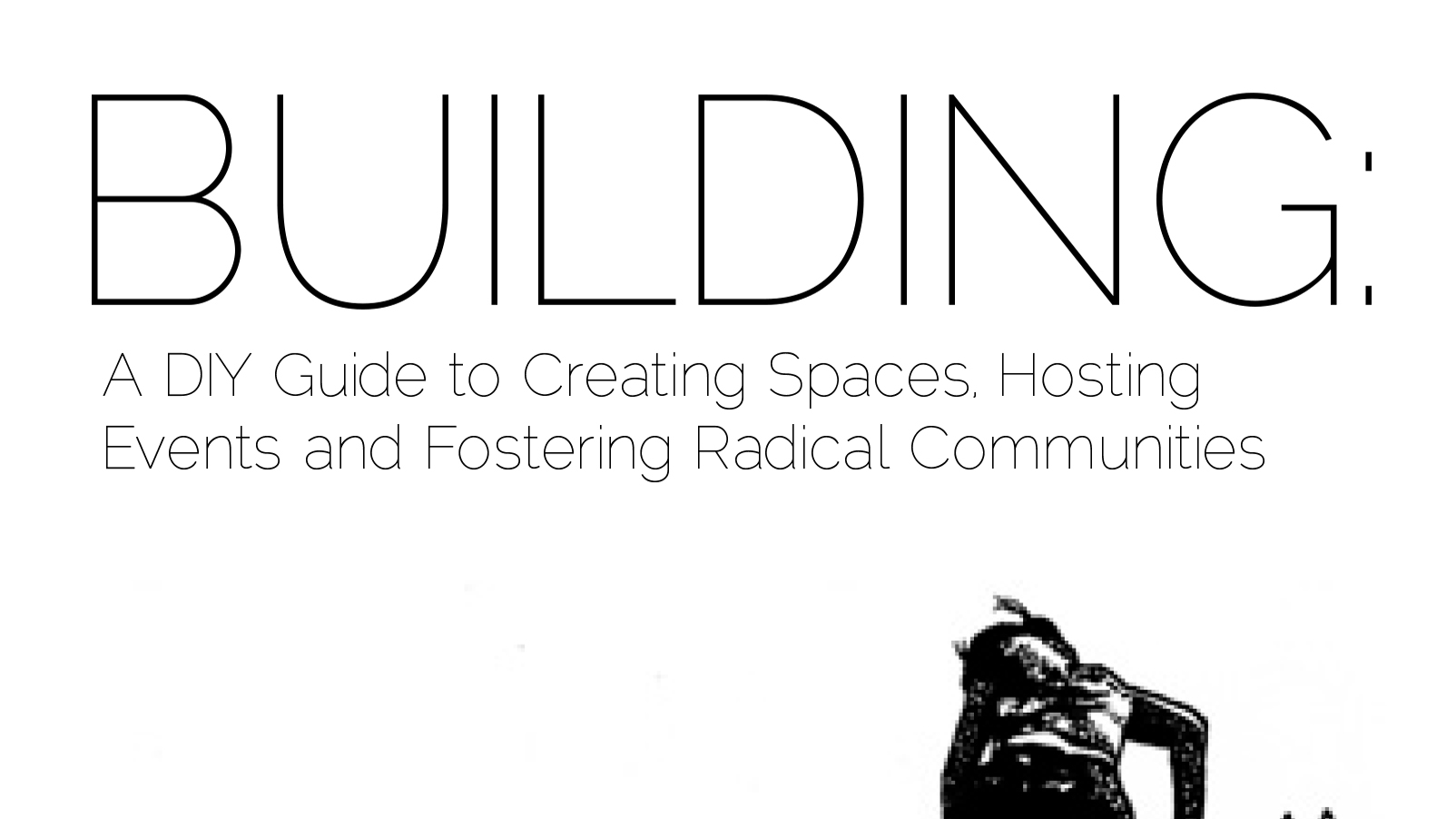
Neil Campau — Building: A DIY Guide to Creating Spaces, Hosting Events and Fostering Radical Communities
For a long time, Neil Campau’s website was the flagship resource for young musicians looking to Do-It-Yourself and connect with spaces working outside of the local, bar-based, twenty-one-plus music system. But after the deeply tragic Ghost Ship fire last winter, many local politicians and fire bureaus responded with threats of eviction to many of these spaces that are not only venues, but also homes to low-income artists. In response, Campau deleted the catalog of DIY spaces as he saw that it could be a guide for those looking to shut them down. (He has since started slowly rebuilding the list). This zine is a helpful resource, enabling people to create community-driven event spaces that are safer, sustainable, and empower those who want to create but may not have the traditional resources, with helpful tips on harm reduction, poster making, booking, and talking (or not talking) to the authorities.
Find a free pdf version of the ‘Building’ zine here, or buy a copy here.
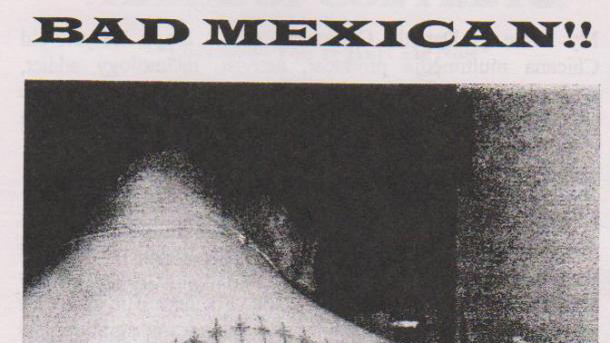
Daniela Capistrano — POC Zine Project Founder / Bad Mexican!!! (Let the Healing Begin), and many more
Capistrano is the founder and curator of one of the best and most important zine resources/blogs, POC Zine Project, which collects and shares wide-ranging works by artists/writers of color (who are still underrepresented in a maker culture that often adopts and maintains “race-blind” neo-liberal “apolitical” ideology). In Bad Mexican!!!, Capistrano goes into vivid personal detail about her painfully mundane experiences as a queer, light-skinned Chicana, like the casual racism she receives from colleagues, waiters, and co-workers. It goes in deep on the complicated politics of names, her own explored as an example of White Spanish colonial missionaries changing her Native American family’s name. Her essay on the struggle of undocumented teens not having the ability to use their high school education and degrees to seek gainful employment speaks powerfully to the institutional violence that many immigrants face. This zine continues to be particularly poignant now with the border wall likely becoming a reality (along with an increase in funding for discriminatory agencies like ICE and the violent border police).
Unfortunately, Bad Mexican!!! is out of print, but find it at your local zine library, and find Capistrano on Twitter.
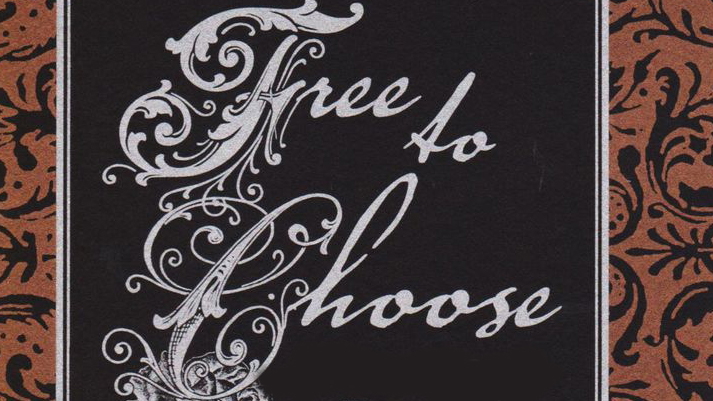
Esther Eberhardt — Eberhardt Press Co-Founder / Free to Choose: A Women’s Guide to Reproductive Freedom
It’s no mystery that Donald Trump and Mike Pence are dead set on defunding important women’s health organizations like Planned Parenthood, as well as attempting to take away women’s autonomy over their own bodies. The opposition to the sexual assaulter–in-chief has not been quiet, with persistent protesting in response to all of the administration’s injustice actions, and the Women’s March on Washington becoming one of the largest single-day protests in American history. Eberhardt Press’s zine concerns the often untold history of abortion and the radical women and doctors who risked prison time conducting them before they were made “legal.” Eberhardt writes about the methods that women developed and passed around clandestinely while the state attempted to lay claim on their bodies. She puts it bluntly: “It truly is humiliating to ask the state for control over one’s own body. We need not lobby, we need not beg, nor demand our ‘rights’ to be granted to us.”
Find a free pdf version of Free to Choose here, or buy a copy here.

